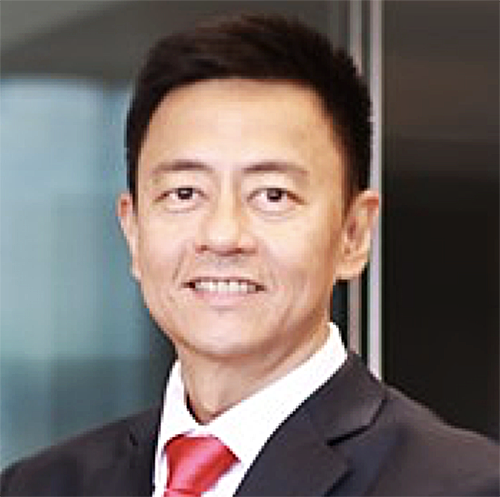When investing in fixed-income assets or credit, the market through which corporates and governments issue debt to investors, it is important to look beyond the investment process and into the level of environmental, social, and governance (ESG) disclosure and standards of the issuer.
At present, although many debt-issuing entities have become more transparent with regard to their ESG policies and standards, the level of disclosure, in many cases, is not yet aligned with global standards.
“One thing that investors should look for is how companies are disclosing their ESG standards, whether they are in line with international standards, especially as these are moving towards convergence,” says Eric Nietsch, head of ESG Asia at Manulife Investment Management.
“In terms of assessing the level of the sustainability strategy of the issuer, we often see a pattern where companies will first come up with a policy on different ESG-related issues and then they will begin to disclose information on those issues,” he adds. “After that, they might come up with a target for how they want to improve the information that they’re disclosing. And then they try to improve on the quality of those targets.”
On the issue of climate change, for example, one step that an issuer can take is to ensure that the company’s transition to a sustainability-focused portfolio is backed up by science that is aligned to the United Nations’ Paris agreement.
Like other major asset managers, Manulife Investment Management has developed its own in-house ESG scoring system for evaluating fixed-income assets.
“In Asia, we have a large team with over 20 analysts focusing specifically on Asia fixed incomes who cover over 500 credits,” Nietsch explains. “And for each of those credits, we’ve developed an ESG ranking system that feeds into our internal credit ratings. As part of that rating, we have an ESG score that fits into it. The 500 names are only the names that are approved. There’s a number of issuers that we’ve rejected due to ESG concerns.”
To come up with the scores, Manulife Investment Management uses ESG raw data and third-party ratings as a reference. Its analysts use this information to come up with the ESG issues most relevant to a company, how the company is performing, and how the information connects to the analysts’ own underlying view of the credit.
Although the lack of a common set of standards for sustainability and ESG disclosure is still an issue in the industry, there is a consensus that the different standard setting bodies and regulators are all moving to align the various existing standards within the next few years. This is evident in the European Union, which leads the world in sustainability initiatives.
In line with this momentum, Manulife Investment Management sits on the investor advisory group of the Sustainable Accounting Standards Board, the influential non-profit body that develop sustainability accounting standards for investors, lenders, insurance underwriters, and other providers of financial capital. As well, the firm supports the recommendations of the Task Force on Climate-Related Financial Disclosures, the global organization that is developing a set of voluntary climate-related financial risk disclosures that can be adopted by corporates.
In Asia, the company also complies with the guidelines of the Global Reporting Initiatives and supports the CDP (formerly the Carbon Disclosure Project) that helps companies and cities disclose their environmental impact.
The Paris agreement, signed in 2015, aims to strengthen the global response to the threat of climate change by keeping the global temperature rise during this century below 2 degrees Celsius above pre-industrial levels and to pursue efforts to limit the temperature increase even further to 1.5 degrees Celsius.









